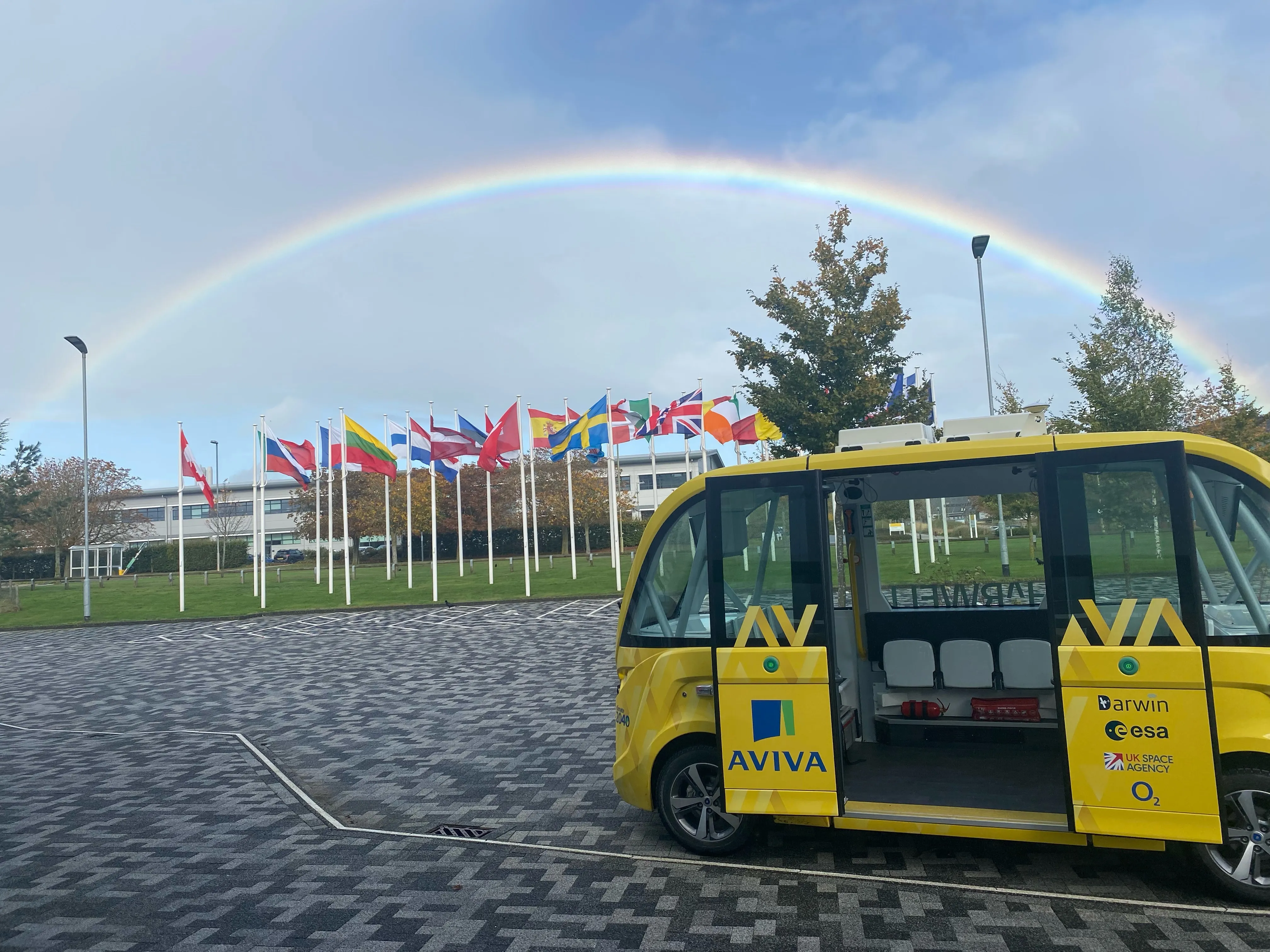
Ush has partnered with Poppy Mobility, a Belgian car-sharing and rental operator, to introduce remote-driving technology for delivering rental cars around the Port of Antwerp-Bruges.
Both companies are subsidiaries of the Belgian company D’Ieteren. They said they are preparing an initial ‘test phase’ that “marks a significant step towards their shared vision of making car rentals as effortless as ordering a taxi”.
Ush has been pioneering autonomous and remote-controlled vehicle solutions in Belgium. Meanwhile, Poppy offers mobility solutions across Belgian capital Brussels as well as Antwerp and national airports, with a fleet of over 2,000 shared cars and vans.
Poppy users around the Port of Antwerp-Bruges will be able to request a rental vehicle via the Poppy app, which Ush will drive remotely to their location in real time. They can then choose to take the wheel themselves or be driven by a remote driver operating from a teledrive station at Ush’s HQ.
This offering is supported by Vay, a developer of automotive-grade technology for remote-driving. Vay is currently operating a commercial service in Las Vegas. Vay announced at the city's Consumer Electronics Show 2025 that it is expanding its door-to-door remote-driving service to 100 vehicles in Vegas this year, having recently gone past the 6,000 trips milestone.
Through the Vay app, users in Las Vegas can request an electric vehicle to be remotely delivered to them. At the end of the trip, the user exits the car and a remote driver takes over, eliminating the time-consuming search for parking.
Ush has secured an exclusive partnership with Vay to further develop and commercialise its proprietary technology in Belgium. The initial roll-out includes two remote-driven vehicles operating in Port of Antwerp-Bruges, serving Boluda, a provider of global maritime towing services.
Through this partnership, Boluda employees working in remote areas of the port can request a Poppy rental car in real-time. The vehicle will be remotely delivered to them, allowing them to drive to their destination. Once they’re finished, control of the car will be returned to the remote driver, who will navigate it to the next user.
“Bringing remote-driving technology to Belgium requires a careful, phased approach in collaboration with regulators,” explained Max Levandowski, chief executive of Ush. “We chose to start at a manageable scale with two vehicles serving key locations in the port.”
“With the introduction of remote-driving technology in Port of Antwerp-Bruges, the port confirms its role as a testing ground for cutting-edge technologies,” said Jacques Vandermeiren, the port's chief executive. “It has already served as a launch pad for autonomous shipping and autonomous drones, both of which are now scaling rapidly [and] demonstrating how the port accelerates innovation."
“The testing of this remote-driving technology follows the same trajectory, reinforcing the port’s position as a key innovation hub where technologies are tested, validated, and fast-tracked for commercial deployment. The port aims to be a regulatory sandbox where new technologies can prove their reliability and potential,” said Vandermeiren.
“I moved back to Europe from Silicon Valley [in the US] and joined my co-founders to take advantage of our continent’s world leading automotive engineering excellence,” said Thomas von der Ohe, chief executive and founder of Vay. “Remotely-driven vehicles are taking to European roads - for a commercial service - for the first time. With the support of regulators, we hope this will be the first of many exciting, remote drive-enabled projects across Europe.”
The companies said that the next steps for full commercial roll-out will be done in phases. Phase 1, already approved by authorities, includes initial deployment on a defined route on the right bank of the port, with a safety driver in the vehicle monitoring the first rides.
Phase 2, coming in months, will be the expansion to a second route on the left bank of the port. Finally, Phase 3, expected by the end of 2025, will be full-scale deployment across the entire port, without route restrictions and without an onboard safety operator.
In the coming months, more companies around Port of Antwerp-Bruges will be invited to offer the service to their employees. Poppy hopes for a full commercial roll out in the city of Antwerp starting in 2026. In order to achieve this, Ush said it will continue its close collaboration with all relevant authorities to define a solid legal framework for remote-driving.









